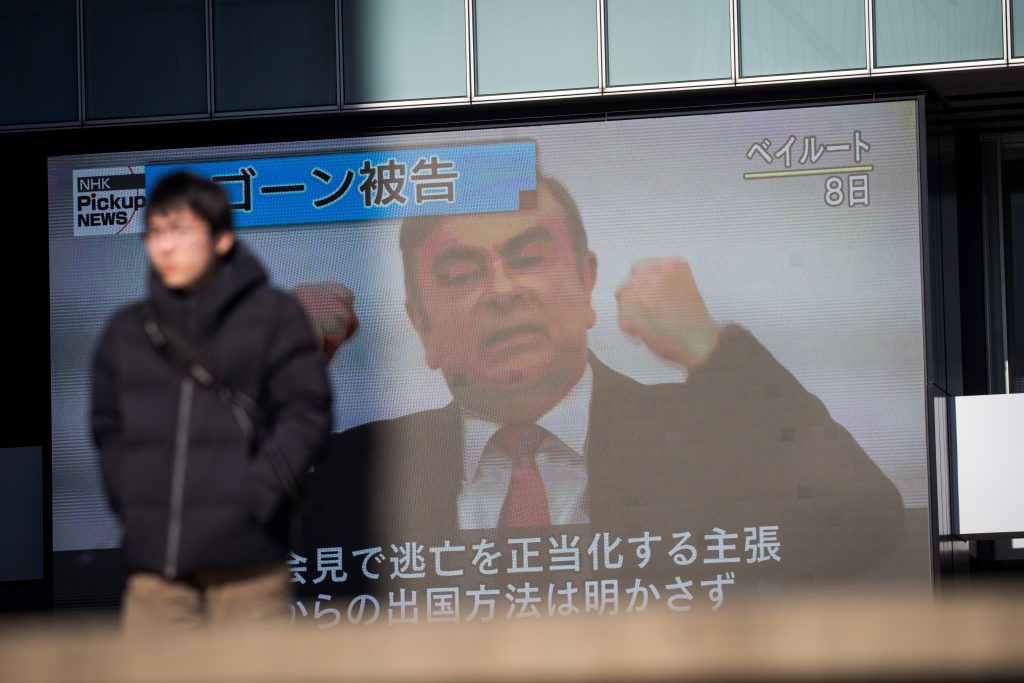
- ARAB NEWS
- 30 Jul 2025

TOKYO: The Justice Ministry gave explanations about Japan's justice system on its website on Tuesday, rebutting international criticism against what is viewed as "hostage justice" in the wake of the flight of former Nissan Motor Co. Chairman Carlos Ghosn from the country after his prolonged detention.
The explanations were offered in 14 sets of questions and answers about Japan's criminal justice system, available in both Japanese and English.
In a question about arguments that Japan's system is a form of hostage justice, the ministry said the Japanese system "does not force confessions by unduly holding suspects and defendants in custody."
"It is therefore not accurate at all to criticize the Japanese system of being a 'hostage justice' system," the ministry added.
On a question about whether suspects are held in custody for extended periods, the ministry said the maximum period of holding suspects in custody after their arrest until a decision on whether or not to indict them is 23 days for any single crime.
The ministry also said, "The detention of an indicted person is granted only if a court (judge) finds a risk of concealing or destroying evidence of crime, or fleeing from justice." It added, "Bail may be granted by a court (judge) unless exceptional circumstances apply, such as the existence of a risk of concealing or destroying evidence by the indicted."
"In short, suspects and defendants will be held in custody only for a necessary and reasonable duration under Japanese criminal proceedings," it said.
JIJI Press